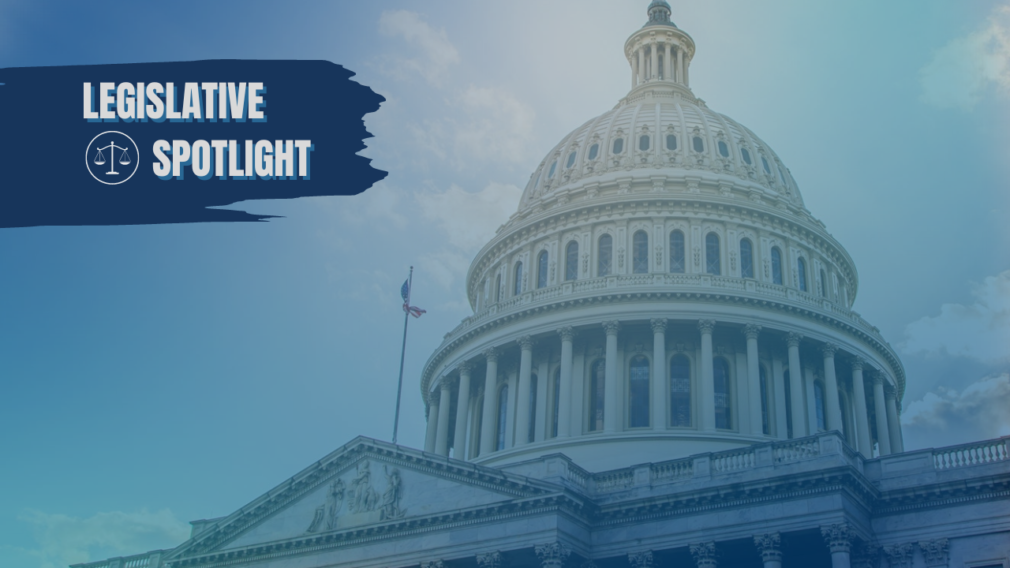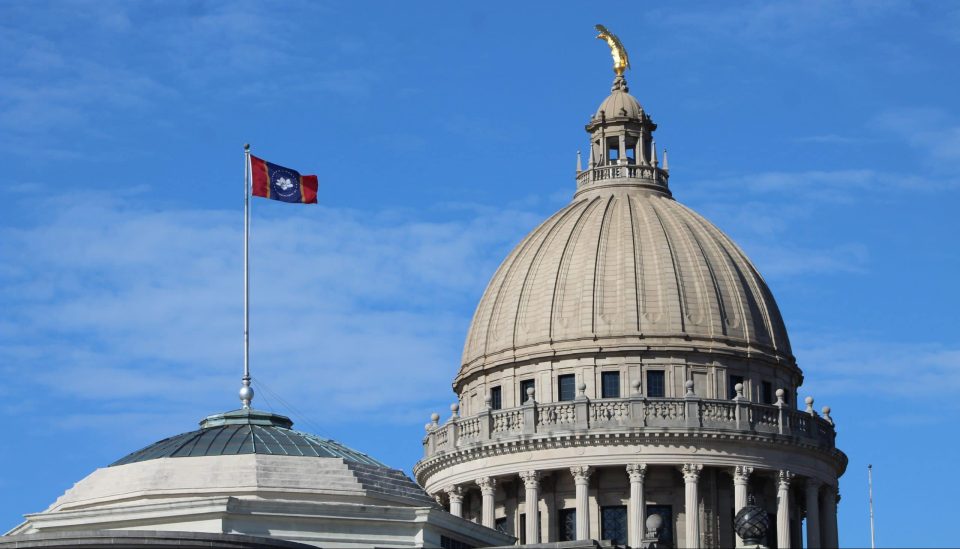How Everything Went Wrong in Just a Week? Sports Betting Bills in Mississippi, Alabama, and Minnesota Dead or Nearly Dead
It seems that months of deliberation over the potential legalization of sports betting in three American states have come to naught. A series of unfortunate events has led supporters of sports betting bills in Mississippi, Alabama, and Minnesota to suffer a crushing defeat within just a week.

HB 774 Faces Roadblocks
As of early April, it seemed that the Sports Betting Bill HB 774 had a chance to change the landscape of sports betting in Mississippi this year. The bill passed through the Senate Gaming Committee and landed in the hands of the Conference Committee, where both chambers were supposed to work on it together.
However, the committee failed to reach an agreement, making it unrealistic to achieve before the May 5 deadline on Monday. This appears to spell the inevitable end of the short life of the HB 774 bill, although, in the hearts of some, there is still a glimmer of hope that the Senate may work on amendments to the bill.

Currently, online sports betting can only be done within the confines of Mississippi’s casinos. The new law was supposed to allow all 26 casinos to offer mobile sports betting statewide, with a 12% tax. However, the Senate rejected the proposal, sending the bill to the Conference Committee, where consensus could not be reached. So, all signs point to us having to wait another year for online betting expansion in Mississippi.
HB 151 and HB 152 Amendments Exclude Sports Betting Legalization
Residents of Alabama also will have to wait another year for sports betting. Bills HB 151 and HB 152, which at times seemed relatively optimistic about their chances of success, received amendments that excluded the issues of legalizing sports betting and table games.
The Senate version stipulates that the Poarch Band of Creek Indians will be the sole entity allowed to offer retail sports betting in Alabama. HB 151 and HB 152 have been transformed into bills supporting a state lottery. The conference committee on HB 151 and HB 152 voted for the amendments by a margin of 6-0. However, their fate remains somewhat uncertain.
Their enactment would still be a significant breakthrough, as Alabama remains one of the five states without a state lottery. Legalizing gambling there requires constitutional changes, which must be supported by 60% of both chambers. The modified versions of the bills would also allow for the establishment of electronic gaming at seven locations in the state. However, the fate of sports betting has been definitively dashed.
The original versions of bills HB 151 and 152, which still included sports betting, proposed taxing revenues at a rate of 17%. The proceeds were intended to support law enforcement and mental health care. Despite the work done on both bills, sports betting will have to wait for its turn in the next legislative session.
Minnesota’s Sports Betting Legislation Faces Uncertain Future
Dark clouds have also gathered over the sports betting bill in Minnesota. Efforts to legalize sports betting in the state have been ongoing since 2018, but it seems that time is running out for legislators.
After the bill was passed by the House two years ago, it moved to the Senate, where reaching an agreement proved to be quite challenging. Paradoxically, seemingly unrelated burglary charges against Democratic Senator Nicole Mitchell could turn out to be a pivotal event for the future of the bill.
This issue has significantly divided both chambers and may hinder reaching an agreement not only on the sports betting bill but also on other matters. The clock is ticking, with time set to expire on May 20th. If legislators don’t vote on the bill, it will die in the Senate.
Moreover, there is growing skepticism towards the bill in Minnesota, making it increasingly unlikely to find a satisfactory solution for all parties in such a short time.
It appears that despite the rapid growth of sports betting in the post-PASPA era, states that have not yet passed sports betting legislation may encounter numerous difficulties in this area. Despite promising plans, it seems that further legislative progress in the USA will slow down in 2024.
Recommended
